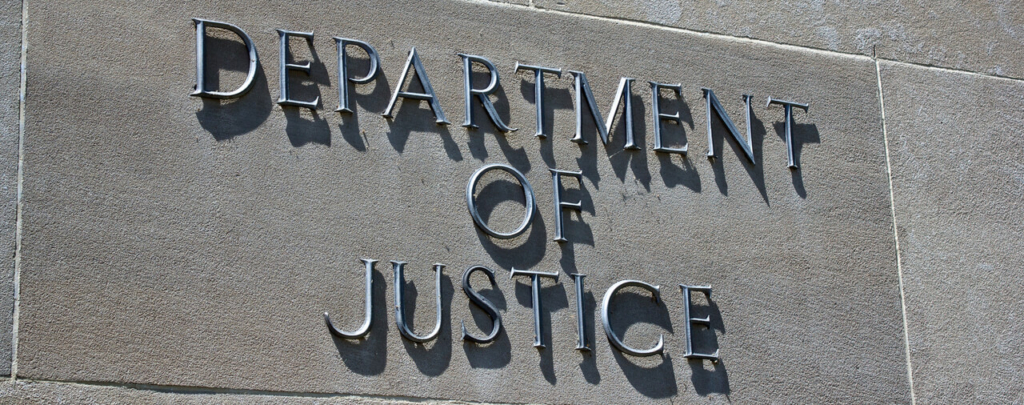Types of immigration appeals
There are different appellate processes that immigrants must go through. These processes depend on the nature of the immigrant’s petition or application, whether the person has a valid immigration status, and whether that immigrant is detained in an immigration detention facility.
There are five main types of immigration appeals:
Appeals before the AAO;
Appeals before the BIA;
Criminal alien appeals;
Habeas corpus, Mandamus and APA actions;
Petitions for Review to U.S. Courts of Appeals;
Motion to reconsider/motion to reopen.
Appeals before the Administrative Appeals Office (AAO)
The AAO is responsible for appeals stemming from denials of immigrant petitions and applications. The AAO hears appeals concerning:
Investment-based visas;
Employment-based visas;
Applications for Temporary Protected Status;
Adjustment of status applications;
Petitions for aliens to come to the United States temporarily to perform labor, services or receive training;
Orphan, religious worker, juvenile and special immigrant petitions.
To appeal to the AAO, you must file a Form I-290B Notice of Appeal with USCIS or the AAO within 30 days of the date that the decision was rendered. Our attorneys assist clients in gathering information to fill out this form, and write appellate briefs stating the reasons why your petition or application should be granted. Our attorneys have extensive experience writing these briefs, and have successfully helped many clients before the AAO receive the benefits that they were seeking.
Appeals before the Board of Immigration Appeals (BIA)
The BIA is the highest administrative body when it comes to immigration law. The BIA hears appeals from across the country concerning:
Final decisions in removal (deportation) proceedings;
Denials by USCIS of I-130 immigrant petitions;
Bond adjudication by immigration judges;
Attorney discipline.
Immigration cases generally begin with a hearing conducted by an immigration judge. When the judge renders a decision, he will ask the immigrant in question and the government whether they are satisfied with the outcome. Either side can choose to appeal to the BIA. Regardless of which party chooses to appeal, an immigrant must file a notice of appeal with the BIA within 30 days of the decision.
The BIA rarely conducts oral arguments during appeals, and like the AAO, focuses primarily on written briefs to make their decision on the issue before them. If the BIA affirms the immigration judge’s decision, you can petition for review with the Circuit Court of Appeals. Our attorneys’ experience at this level is second to none. They have tried Circuit Court cases throughout the country, even going as far as Alaska to ensure that a client got the representation he deserved.
Criminal alien appeals
If an immigrant is convicted of a crime, they may be placed in removal proceedings and threatened with deportation. At The Law Offices of Grinberg & Segal, PLLC, our attorneys fight to make sure that this does not occur. Our lawyers provide immigrants with aggressive representation to try remove or amend their criminal charges and help them file for immigration waivers to avoid being removed from the country. In the instances when appellate practice is required, we handle appeals at all levels and do our best to bring them to successful resolution.
Habeas corpus, mandamus & APA actions
Habeas corpus, mandamus and APA actions are brought to the U.S. District Court in the district in which the alien either resides or has been detained.
Habeas corpus actions are used to help immigrants who have been detained for an excessive period of time while their cases are pending. Immigrants are entitled to have their day in court and the ability to argue their case in front of a federal judge. If you or a loved one has been unlawfully detained in connection with a pending immigration matter, or remained in immigration detention for an excessive time, contact our firm immediately.
Mandamus actions are used to help immigrants in situations where their case is stalled within the immigration agency, specifically the USCIS. For immediate assistance, contact our firm.
APA actions come under the Administrative Procedure Act, which is a federal law that allows the challenge of arbitrary actions of immigration agency. It may be available when an administrative agency makes a decision which is contrary to law, or does not consider all the facts of the case. For immediate assistance, contact our firm at 866.456.8654.
Appeals to the U.S. Circuit Court of Appeals
When an immigrant’s application for asylum or any other relief from removal or deportation is denied by the immigration judge and denial is affirmed on appeal by the BIA, this person may seek review of these denials by the U.S. Court of Appeals. This type of appeal is a final level of appellate process for most removal and deportation denials. United States is subdivided into twelve Federal judicial circuits. Petition for review can only be filed within thirty (30) days of the final administrative denial and with the U.S. Court of Appeals which has jurisdiction over the geographic area where the immigration judge who denied the original application sits. To determine which U.S. Court of Appeals you need to file a petition with, you need to figure out where your original immigration judge was sitting. You can use this map [link] to help you find the appropriate court to file your appeal. To do this, you need to look for the court which covers the geographic area where the immigration judge was sitting. For more information you can contact us or schedule a initial consultation with us. For immediate assistance, call our firm tall free at 866.456.8654.
Motion to reconsider/motion to reopen
Motions to reconsider and motions to reopen are two different remedies that are alternatives to the traditional appellate process. A Motion to Reconsider must be filed within 30 days of the decision’s rendering. Motion to Reopen within 90 days of the decision by an immigration judge or USCIS as the case may be. In a motion to reconsider, an applicant must establish:
1. The decision was based on an incorrect application of law or immigration policy;
2. The decision was incorrect due to the evidence presented in the case.
In a motion to re-open, an applicant asks the government to take into account new facts or changed circumstances that have arisen since the decision was made. Motions to Reopen like Motions to Reconsider are filed after an application or petition has been denied. Our attorneys have had considerable success reversing adverse decisions through these means.





